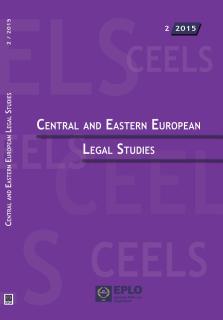
CRIME AS A DESTRUCTIVE ADAPTATION
UNDER THE DECREASING SOCIAL AND ECONOMIC MOBILITY:
UKRAINE'S EXPERIENCE
TETIANA MELNYCHUK
Ph.D., Associate Professor at the Department of Criminology and Penal Law
of the National University "Odessa Law Academy"
The article focuses on the problem of crime counteraction policy on the ground of modern criminal activity nature. Crime is viewed as a relatively rational, but destructive form of adaptation to the social and economic disparities. The more flexible social activity is, the lower probability emerges that the adaptive behavior would be delinquent. Such interpretation allows creating an explanatory model of the qualitative and quantitative changes in the crime rates. Observing lack of dependence between education, work and income is a symptom of reducing social mobility: both vertical and horizontal. Crime serves as a compensatory mechanism, quasi-social lift, substituting institutions and socialization. It is necessary to shift from combating crimes to reducing the functionality of deviant social behavior by responding to the social and economic risks of mobility decrease. The policy of criminogenic risk management first of all should be directed to socially vulnerable groups with high criminal capacity and propensity to criminal adaptation.



















